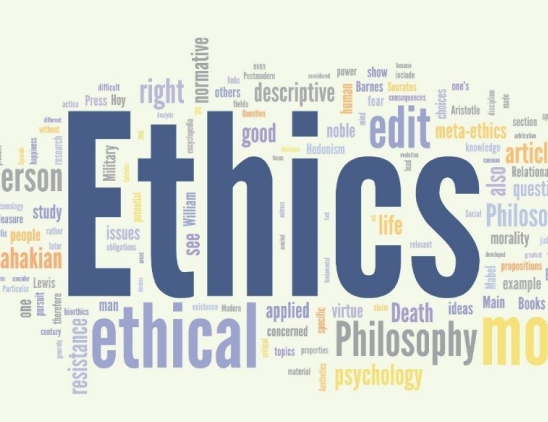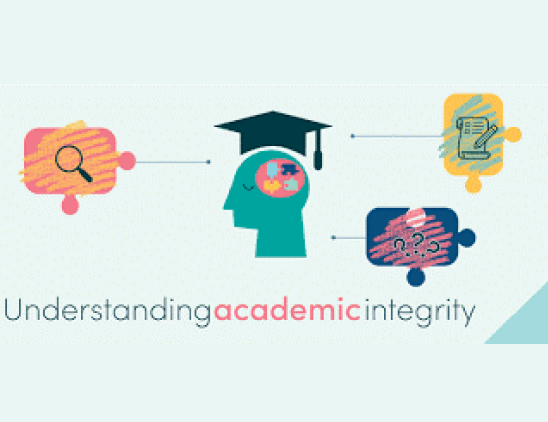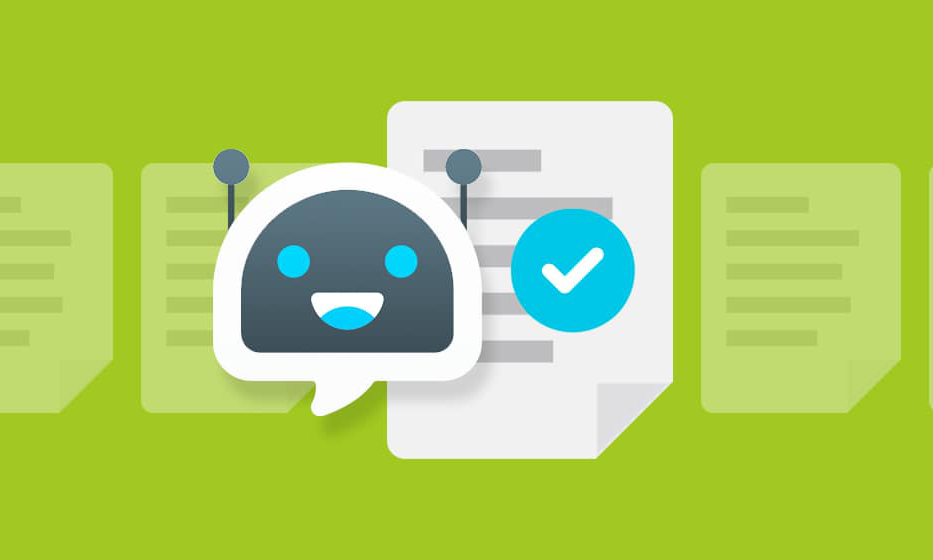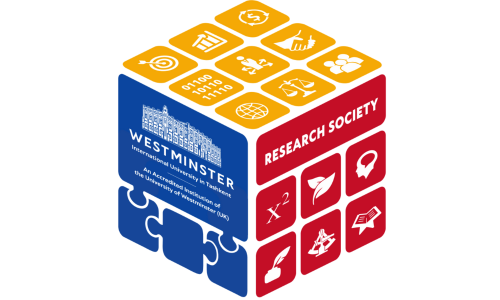Research Ethics & Integrity
Conducting research with integrity is fundamental to producing credible and ethical academic work. Researchers must adhere to ethical guidelines that promote honesty, transparency, and accountability throughout the research process.

Guidelines for Ethical Research
Ethical research practices ensure that studies are conducted responsibly and with respect for all stakeholders involved.

Avoiding Plagiarism & Academic Misconduct
Plagiarism and academic misconduct undermine the credibility of research and can lead to severe academic and professional consequences.

Ethical Use of AI in Research
Artificial Intelligence (AI) tools are increasingly integrated into academic research, offering assistance in literature reviews, data analysis, and writing support.


WIUT`s Research Ethics Panel
The University has policies and procedures in place relating to Research Ethics. WIUT`s Research Ethics Panel is a part of the University Research Development Standing Committee. Its primary focus is to consider general ethical issues concerning research activities (such as primary data collection, surveys, focus group discussions, etc) undertaken by University staff, students, other individuals or organizations working with the University, in accordance with the Research Ethics Policy.
Using Copyright Materials
In academic writing, students are expected to engage critically with a range of source materials. When writing your coursework or dissertation, you might want to include images, charts, graphs, or even short extracts from books, articles, websites, or films. While using these materials can help strengthen your arguments or illustrate a point, it’s important to understand and respect copyright rules. This includes fair use policies, citation guidelines, and Creative Commons licenses.

